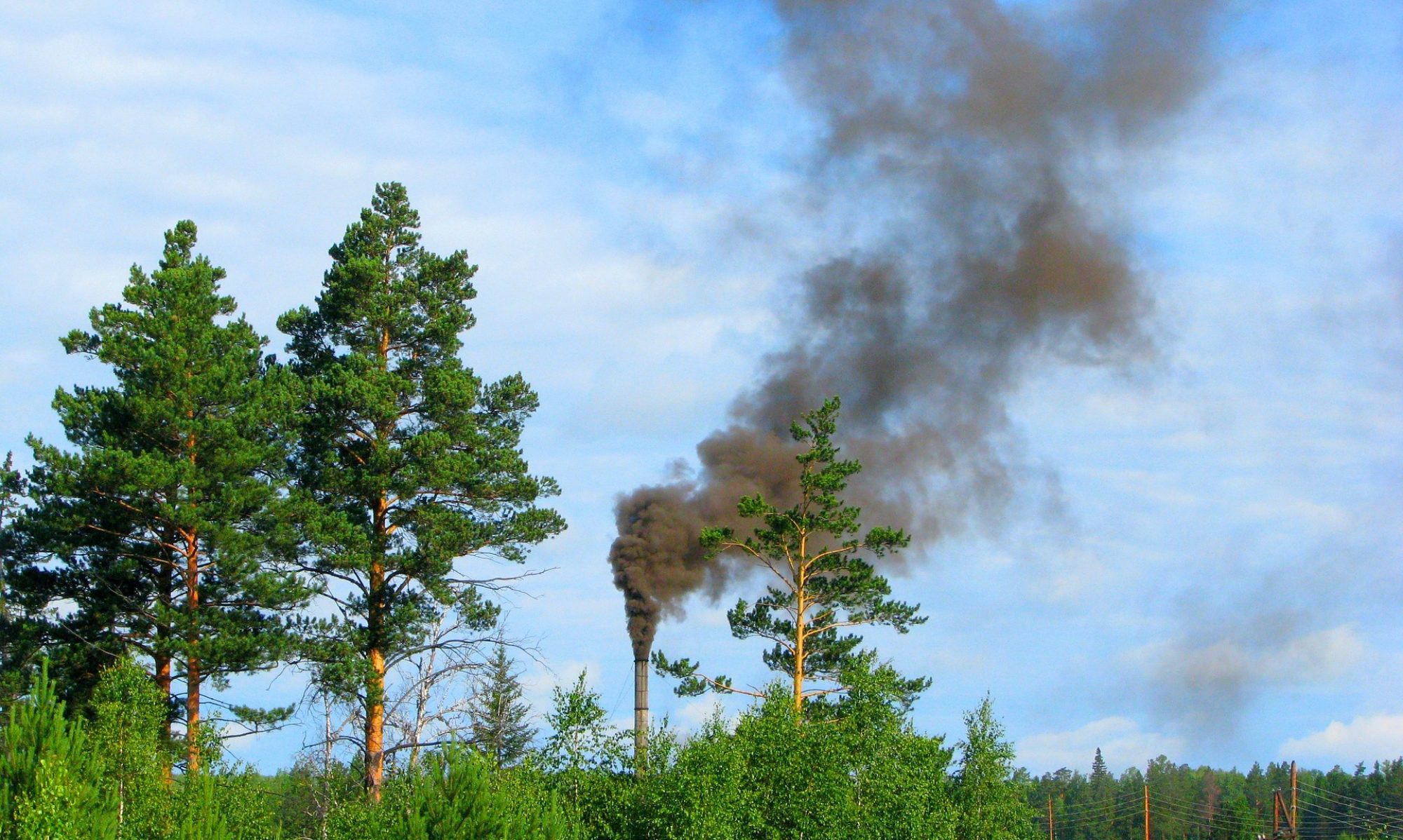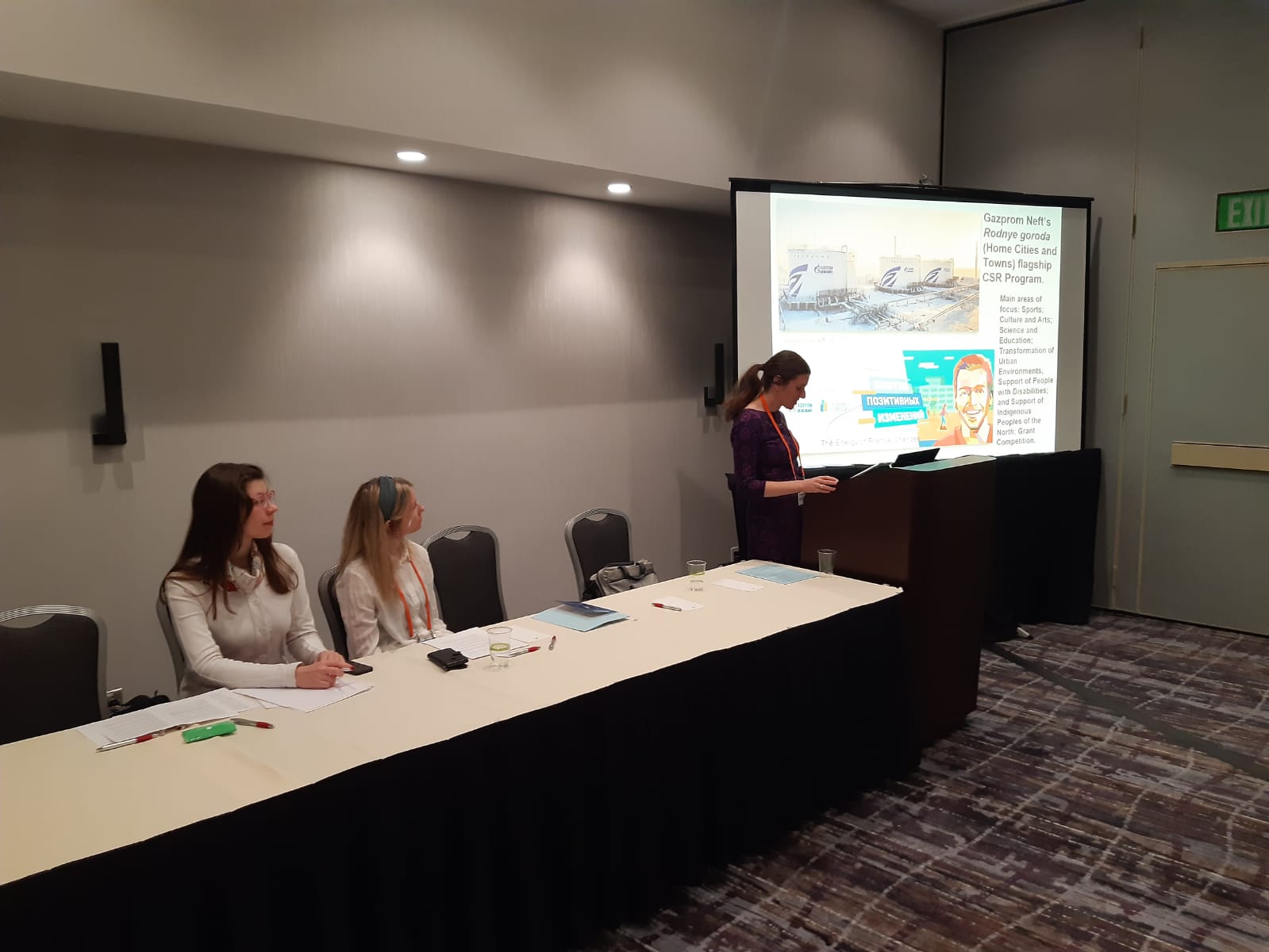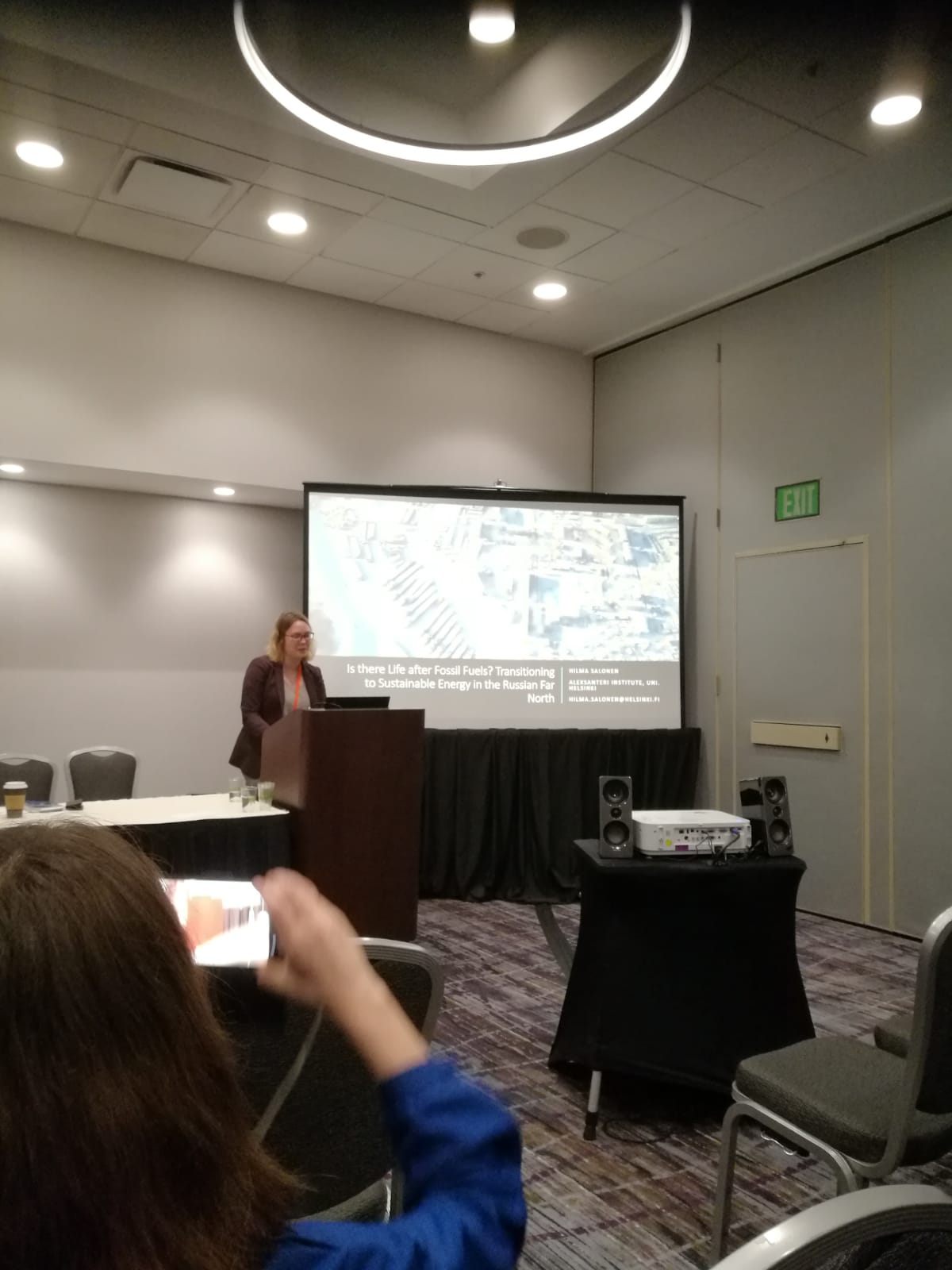On 21-22 of November “The global life of mines: Mining and post-mining between extractivism and heritage-making” workshop was organised at the University of Cagliari in Italy. The aim of the workshop was to bring together anthropological perspectives and ethnographic studies on mining and post-mining across a broad range of geographical contexts. The contributions explored links, interconnections and scales of articulations between the current booming of extractive industries, projects, and operations worldwide – along with the new rhetorics of
sustainability, ‘green’ and ‘blue’ economy etc.. – and the diversified consequences of
mine closures, ranging from abandonment and dereliction to new extractive processes
(heritage-making, ‘green’ economies etc).
Dr. Alla Bolotova took part in the workshop and presented there her paper “Living or Leaving? Youth and place marginalization in mining towns in the Russian Arctic” at the ‘Im/mobilities’ session.
Many young people finishing schools in mining towns in the Russian Arctic express their dreams to escape from their hometowns. Among main complaints are a lack of recreational opportunities, boredom, and soviet appearance of urban space in their localities. In this paper, I analyse lived experiences of young adults dwelling in the soviet-style urban space of Arctic mining towns and dealing with place marginalization. The new towns were built by the soviet state next to mineral deposits and were populated by incomers, stimulated to resettle up north by material benefits. Arctic mining towns became prosperous communities where town-forming enterprises were responsible for place maintenance. During the post-soviet period, international mining companies became owners of town-forming enterprises. Despite of successful internationalisation of mining enterprises, towns are still rooted in the soviet past, which continues to shape lives of contemporary youth. The territory around mining towns often looks devastated, due to industrial ruins, abandoned mines, destroyed buildings. Infrastructure of single-industry towns does not fulfill needs of modern young people that contributes to large-scale outmigration of youth. Drawing on long-term ethnographic fieldwork in Murmansk region, I analyse experiences and strategies of young adults coping with place marginalization and numerous problems in northern declining towns.
Wokrshop’s programme can be found here.




